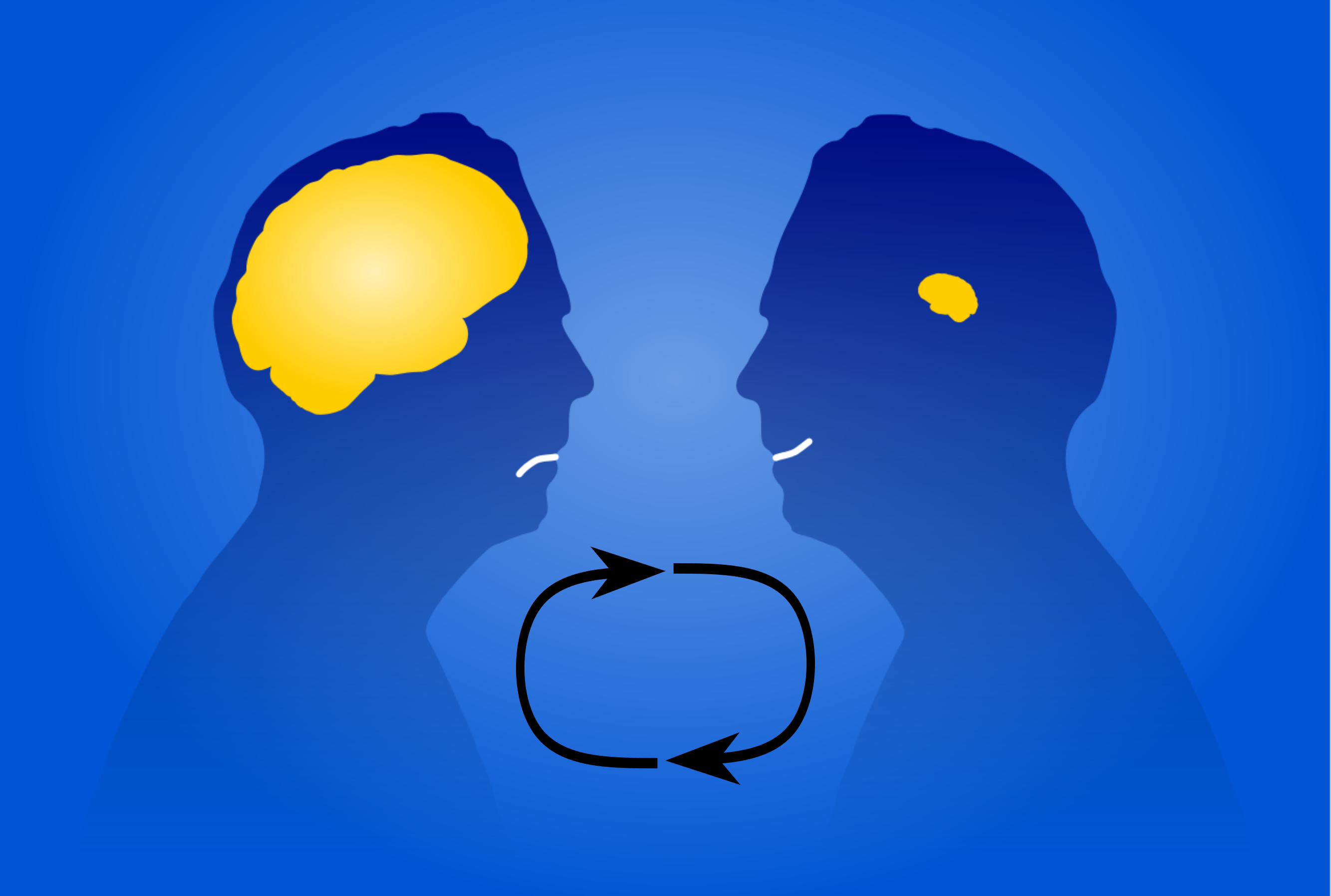Here's an interesting article I came across recently. In a nutshell, it explains that a statistical error was made in Dunning and Kruger's original paper, and critiques have since debunked the effect. But the original paper is far more widely cited, so a lot of people believe the effect is real.

 economicsfromthetopdown.com
economicsfromthetopdown.com

The Dunning-Kruger Effect is Autocorrelation – Economics from the Top Down
Do unskilled people actually underestimate their incompetence?
 economicsfromthetopdown.com
economicsfromthetopdown.com
